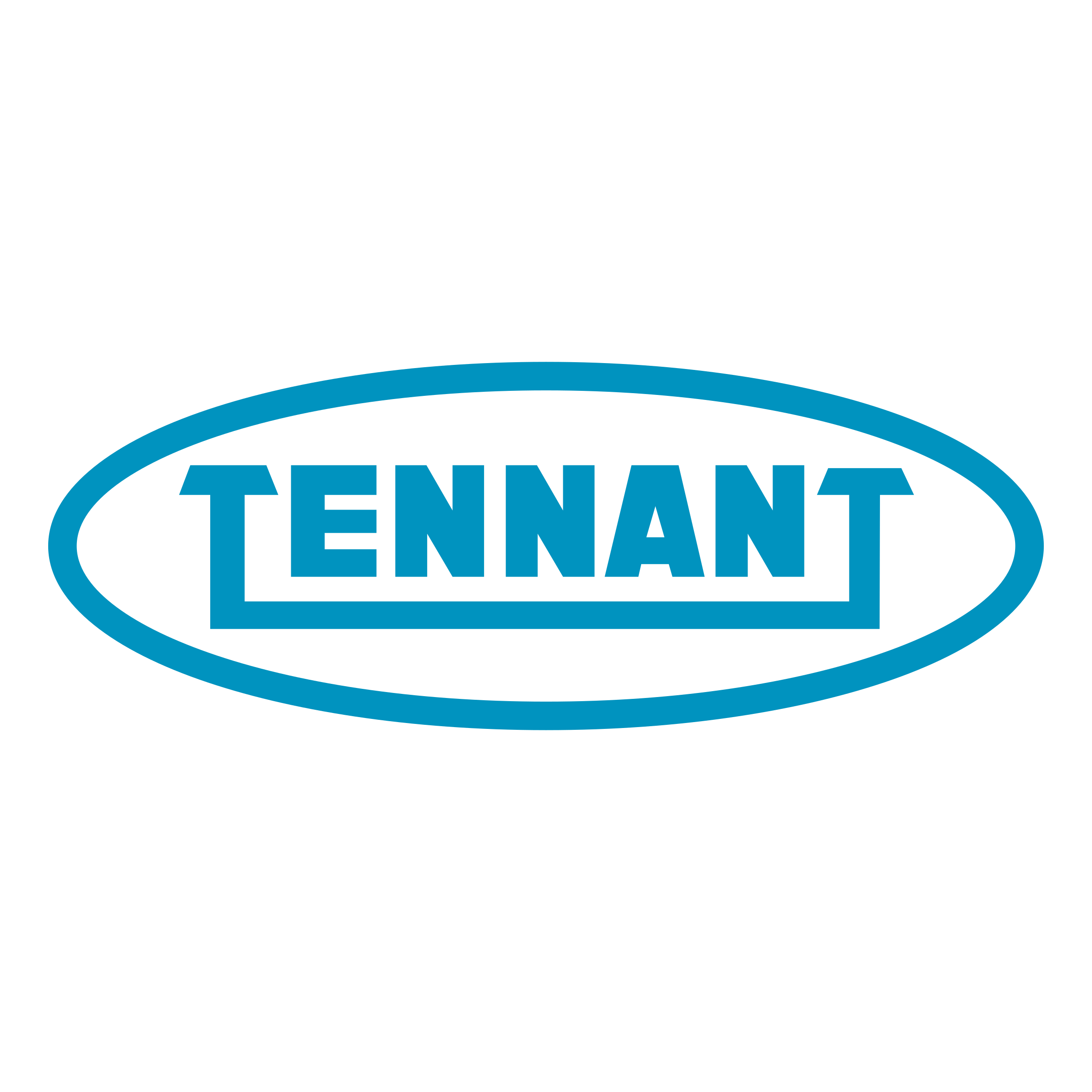Application & Technology Trends in Floor Care
Floor care machines operate in challenging physical environments and are expected to operate reliably and frequently throughout their lifetime. Designers of electric drive systems for floor care applications need to consider the effects of vibration, temperature, humidity, and ingress from water and detergents when choosing components. Designs should consider operating duty cycles and the option for opportunity charging. There are a number of challenges and trends to consider.
Current trends in floor care
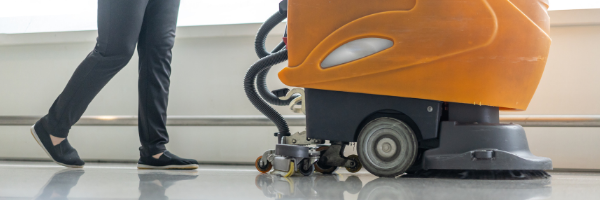
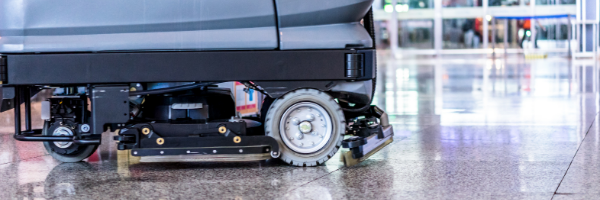



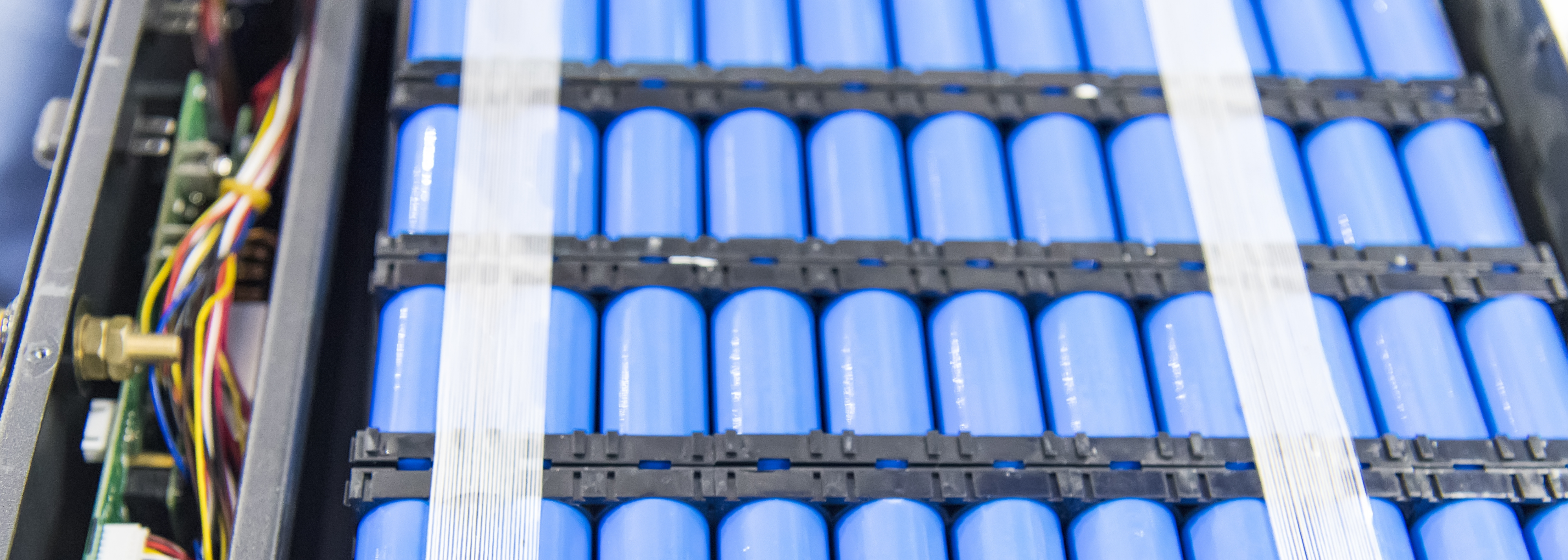
The case for reliability
- Sealed batteries and on-board battery chargers can withstand ingress from water, dirt and chemicals
- Ruggedized batteries and on-board battery chargers can survive bumps, shocks and vibration
- Longer-lasting floor care machines provide better return on capital investment for equipment purchasers (or can survive through their lease term and hold value into the resale or second life market)
- Advanced chargers can data log charge cycles over time and these files can be analyzed by OEMs for service or battery warranty entitlement
- Programmable chargers can be re-configured in the field for replacement battery packs—including any future transition from lead-acid batteries to lithium
- Robust lithium batteries have lower Total Cost of Ownership than flooded or sealed lead-acid batteries
- Sealed on-board battery chargers can match or even exceed the design life of the machine
- Alignment between battery pack, use case, charger, and charge profile can dramatically increase battery pack lifetime
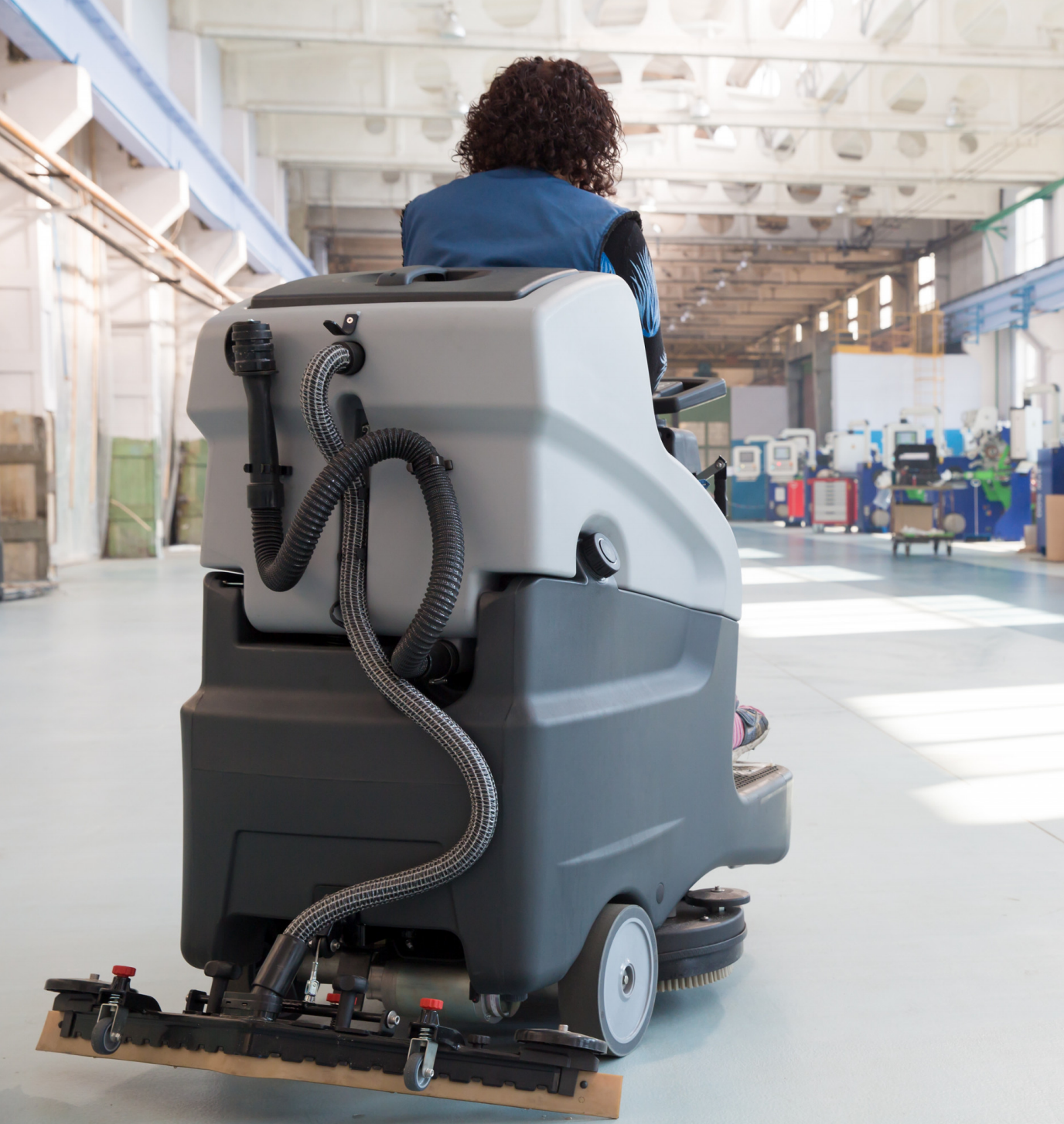
The evolution of battery chemistries
For many years, battery-powered floor care machines have used lead-acid batteries. They provide substantial weight to apply downward force on brushes and scrubbers and are a known, cost-effective, and safe solution. Sealed lead-acid batteries, like AGM or gel, have become more prominent over time, with improved safety, increased lifetime, and reduced maintenance benefits. Sealed lead-acid is the new standard for the difficult floor-care environment.
Over the last few years, a further transition has been underway from sealed lead-acid batteries to lithium batteries in floor care machines. There are a number of reasons for this transition, but the most significant is the Total Cost of Ownership, placing lithium solutions equivalent with or superior to lead-acid.
Each battery type has benefits, and both will continue to be deployed for many years. It is important to consider the benefits of each when designing your floor care equipment. Several different lithium chemistries are appropriate for floor care machines, including Lithium-Iron Phosphate, Nickel Manganese Cobalt and Nickel Cobalt Aluminum Oxide.
Charging system options
It’s more than just volts and amps. Incorporating the right battery charger solution for individual floor care machines or larger fleet operations is an important design consideration. Reliably returning energy to batteries in a safe, appropriate, and efficient way requires a deep understanding of how batteries react to charge and discharge. Lithium batteries require Battery Management Systems to ensure safety, and CAN bus communications provides significant operational benefits.
- On-board chargers can be well matched to their battery packs and duty cycles, and allow for efficient opportunity charging and full charging when not in use – this is more possible with lithium battery packs that provide much higher energy density and robust, sealed battery chargers that withstand the ingress of water, chemicals and dirt
- Sophisticated charger software can provide the option to configure (in production or in the field) for lead-acid and lithium charging to future-proof machine designs
- Off-board charging solutions are declining in floor care – traditionally, unsealed and non-ruggedized battery chargers were unable to survive the intense vibration profile and messy environment of a sweeper or scrubber
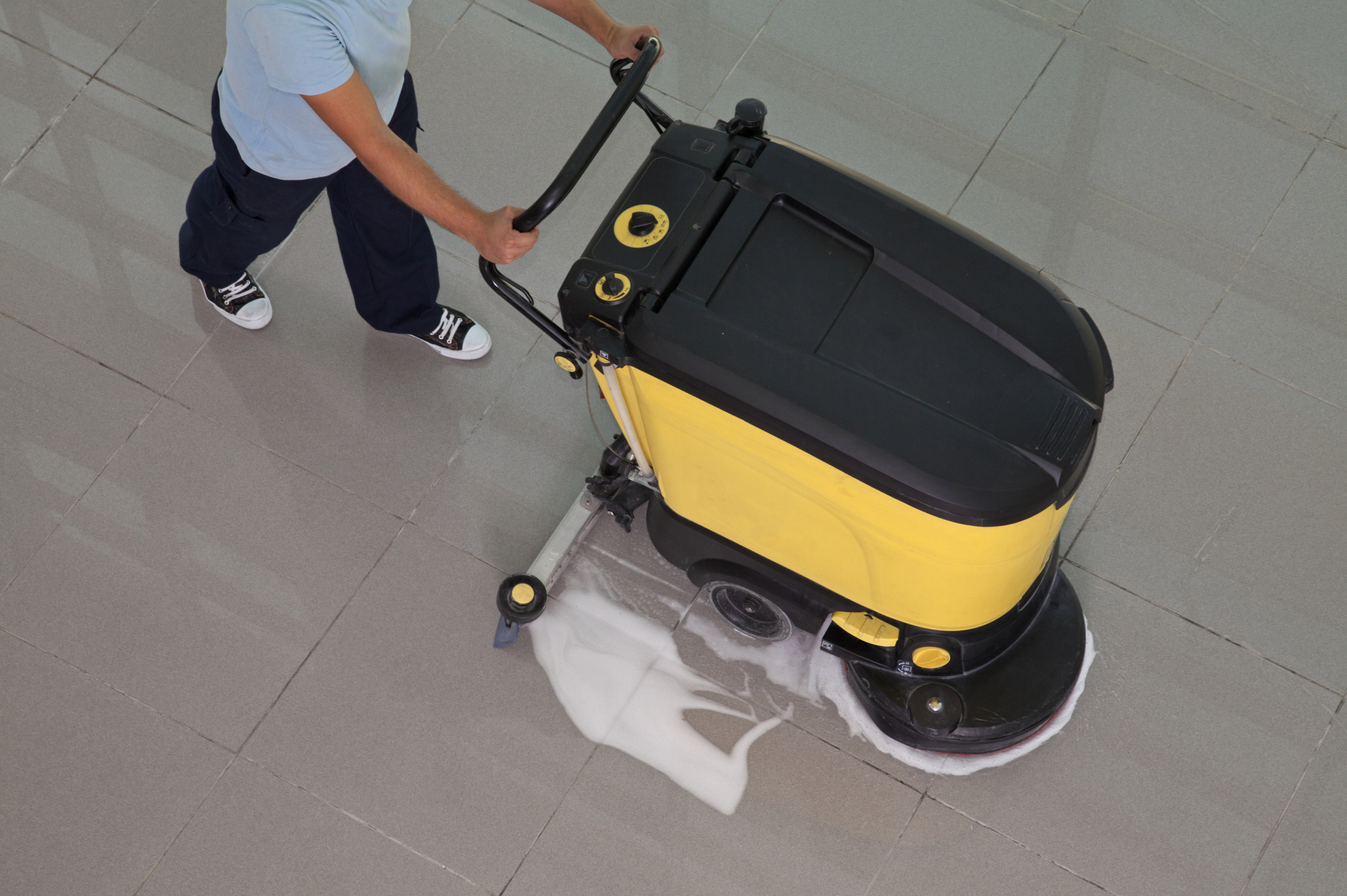
The future of floor care
The most forward-thinking commercial building owners and operators are already envisioning technologies well beyond what is happening today. Floor care machine designers will need to consider the impacts of these future concepts:
- Autonomous Mobile Robotic floor care machines may be configured to manage stock scanning and inventory review while cleaning – all on the retail floor while customers are present
- As more automated floor cleaning and stock replenishment machines are deployed, charging docks or wireless charging solutions may be needed to efficiently charge a larger fleet
- Economic and wage growth in developing countries will create more global markets for floor care machines
- Designing floor care machines to be refurbished and recycled at the end of life will help comply with strict reusability and recycling mandates
- Energy efficiency standards are becoming more stringent in all industries
- Equipment rental and maintenance business models will become more commonplace as building owners and operators prefer not to purchase and manage floor care equipment
- Simplifying user interfaces to reduce training time and acquisition costs
About Delta-Q Technologies and ZAPI GROUP
Delta-Q Technologies is charging the future and driving the world’s transition into electric energy! We collaboratively design, test, and manufacture robust battery chargers that improve the performance of our customers' electric drive vehicles and industrial machines.
As the supplier of choice for Tier 1 OEMs, we use our values, perseverance, and engineering expertise to guide our customers through the electrification process for a sustainable world.
We're also part of the Zapi Group, a global leader in electronic speed controllers and associated products for battery and hybrid-powered electric vehicles.
Headquartered in Vancouver, Canada, Delta-Q’s team and distribution spans five continents to service industries such as electric golf cars, lift trucks, aerial work platforms, e-mobility, floor care machines, utility/recreational vehicles and new markets, like outdoor power equipment.
Some of our battery partners


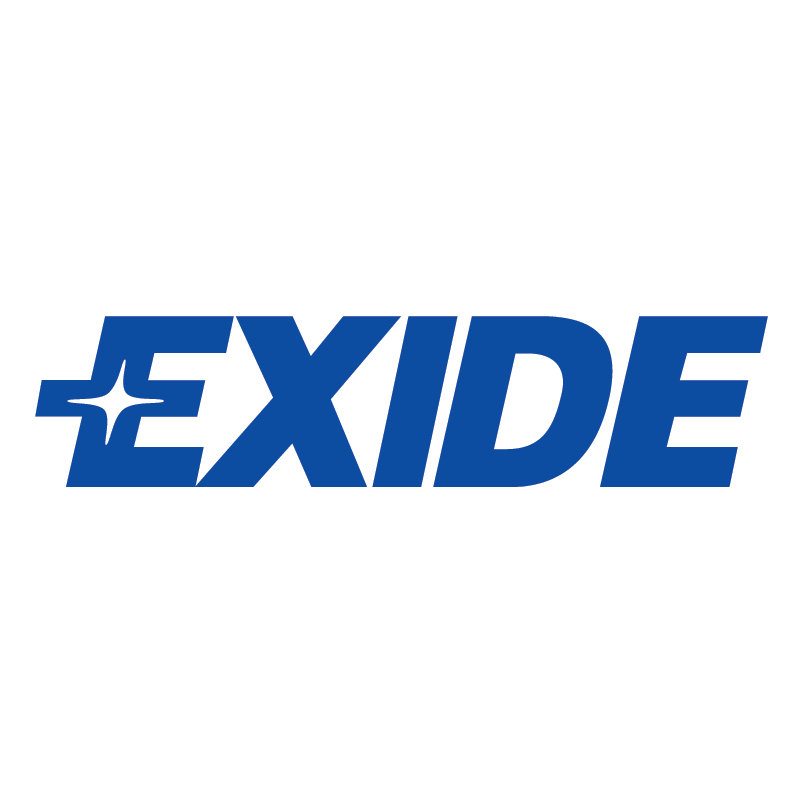

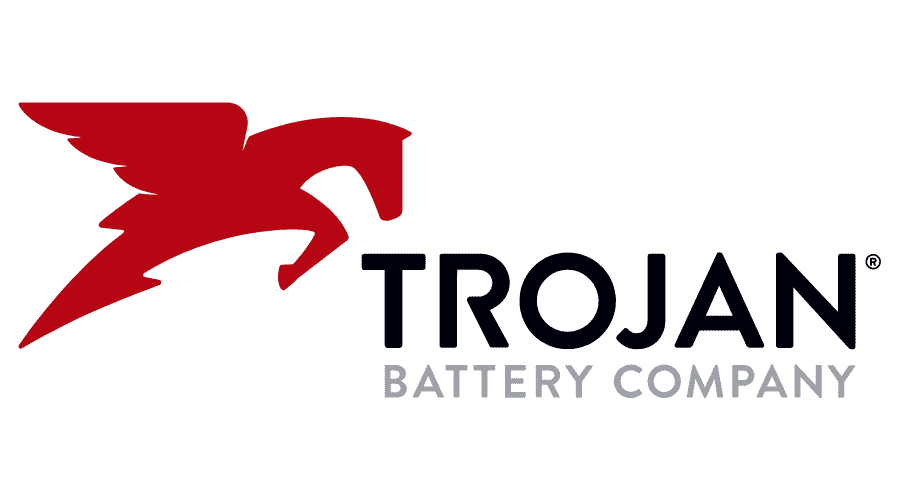

“Our partnership with Delta-Q Technologies has come with great success! We're pleased with the results and the positive responses from our customers since the integration of their chargers onto our NexSys® PURE batteries.”






